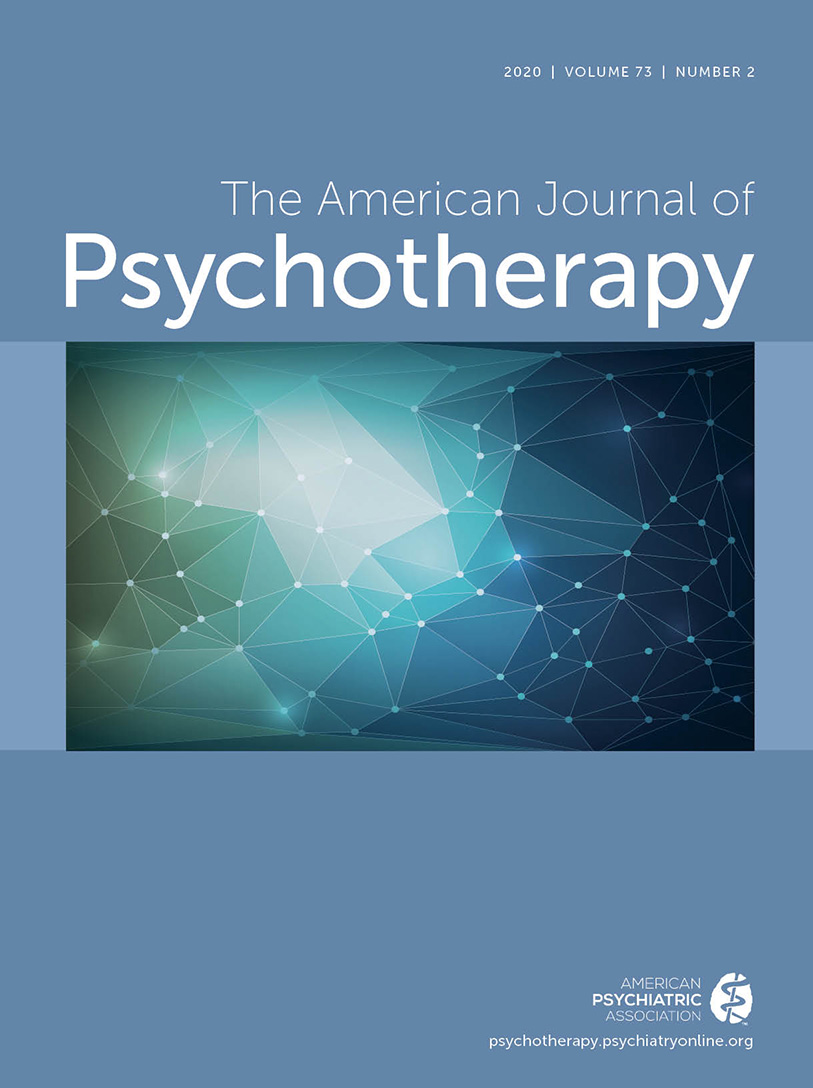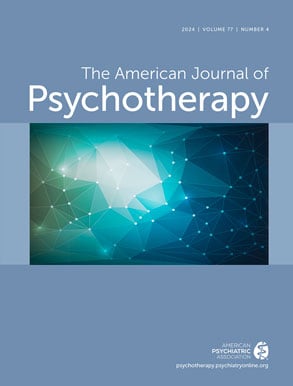In the wake of the COVID-19 viral pandemic, the world will likely experience a serious mental health crisis (
1,
2). Even as the first wave of infection passes, stressors associated with COVID-19, including self-quarantine, social distancing, job loss, and threat of illness, will persist. These factors can be expected to have a significant impact on the human psyche and contribute to a secondary mental health epidemic (
1,
3). Extrapolating from studies conducted in the aftermath of other disasters, such as Hurricane Katrina (
4), Hurricane Sandy (
5), and the terrorist attacks of September 11 (
6), we can expect as much as 10% of the population to meet criteria for major depressive disorder (
7) following a crisis and perhaps even more to meet criteria for posttraumatic stress disorder (
2). Risk factors for persistence of psychiatric symptoms postdisaster include exposure to trauma, minority status, low social support, and preexisting psychiatric illness (
2), suggesting that the most vulnerable among us may grapple with the mental health consequences of the pandemic for years to come.
Psychotherapy is an essential part of the response to the COVID-19 crisis. As psychotherapists, we are uniquely qualified to explore with our patients the psychological sequelae of social isolation, job loss, fears of contagion, and grief. It is our privilege and obligation to support patients going through major life changes related to the pandemic, helping them to grapple with the upheaval that has been thrust upon all of us. With us, they can be seen, heard, and held in mind.
Strategies for supporting patients during the COVID-19 pandemic can be found in virtually all psychotherapeutic disciplines; now may be a good time to draw broadly from our rich psychotherapeutic armamentarium to help those in need. Cognitive-behavioral therapy (CBT) can be used to modify maladaptive automatic negative thoughts about the pandemic, including excessive fears of contamination or hopelessness about maintaining social connections during periods of quarantine. Through behavioral activation and scheduling of pleasurable activities, it can also help address COVID-related inactivity and loss of regular daily routines. Interpersonal psychotherapy (IPT) allows us to frame the pandemic as a role transition, helping patients develop new skills to adapt more successfully to the challenges before them, including using technology to build social support during social isolation and problem solving for relationships negatively affected by the close quarters of home quarantine. Psychodynamically informed approaches encourage us to explore defenses such as rationalization and denial activated by pandemic-related deaths and loss, helping the patient to understand the impact of early childhood experiences on reactions to current stressors. Regardless of the approach used, therapists should adopt a supportive and humanistic stance, given this time of shared suffering. Recognizing that there are few among us who are unaffected by these extraordinary events, we can communicate that working together will help all of us optimally manage this crisis.
Paradoxically, as we strive to establish even better connections with our patients during these difficult times, connecting with them has become even more complicated. Use of video and telephone to deliver psychotherapy remotely, once the stuff of science fiction, has become the mainstay of psychotherapy delivery during the pandemic. The learning curve has been steep for some, especially psychotherapists and patients who are less comfortable or less experienced with technology. Fortunately, there is strong empirical support for telemedicine in psychiatry (
8,
9), although evidence for remote delivery of psychotherapy is still limited. Reassuringly, a network meta-analysis of different methods of delivering CBT for depression found little difference in psychotherapy delivered remotely versus face to face (
10). Similarly, IPT has been delivered remotely with evidence of efficacy (
11). Thus, early reports are promising, and more studies are likely to emerge as remote delivery of psychotherapy becomes an established part of routine practice.
Psychotherapy clearly plays an important role in helping individuals address the psychological and behavioral health sequelae of the COVID-19 pandemic. More information is needed about which psychotherapeutic approaches, delivery systems, supervision strategies, and dosing will optimally serve the needs of our patients and communities. The American Journal of Psychotherapy will continue to play its part by reviewing, accepting, and publishing high-quality articles on these topics. These publications will help to inform the field about psychotherapy best practices as we support our patients and each other during this difficult time. I wish safety and good health to all.

